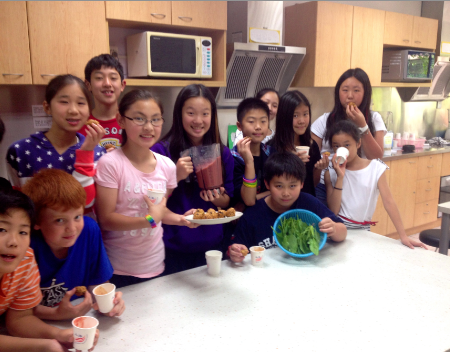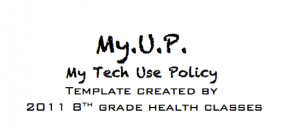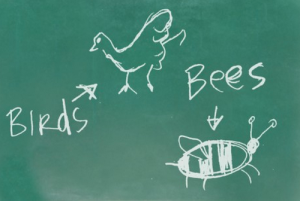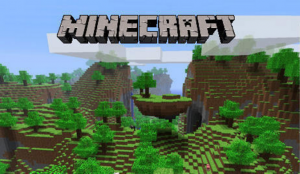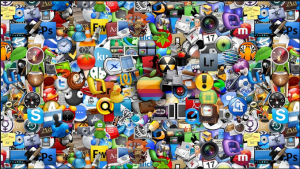Last week I wrote about part one of a new project my 8th graders have been working on where they analyze the health claims of energy bars. This week, I’ll be focusing on part two of the project, which has them creating and marketing their own.
The Energy Bar Project Part 2: Creating and marketing our own healthy energy bars.
Lesson 6 (this might take more than one class session!)
1. Journal: What are some of the healthy snacks that you enjoy at home? Do you make them yourself or are they processed?
2. Have students share their findings from researching the packaging of their assigned energy bars. Then discuss as a large group.
Possible discussion questions:
Which bars matched up to their claims?
Which were actually health bars?
What made you come to that conclusion?
Which of the healthier bars was something you would choose on your own as a snack? What is it about this bar that you liked?
3. Begin researching healthy energy bar recipes to prepare next class
This works best when all of the students have access to a laptop or their own device. Each student searched for a bar recipe that fits class parameters, and then emailed me the link.
Our agreed-upon parameters were:
1. It has to have pronounceable ingredients that we can easily find
2. No nuts or nut products
3. Can be prepared and cooked (if needed) within 45 minutes
4. Looks tasty!
Once I received recipes from everyone, I hooked my laptop up to the projector and went through them with the class. We decided on three recipes, two of which were no-bake. Then I opened up the link to an online grocery store, and the kids helped me figure out totals to order for our ingredients.
Lesson 7
In the kitchen!
To make this easier on myself and to give the students more practice, I placed all of the ingredients we had ordered out on the counter. I then asked for three volunteers who had experience in the kitchen and assigned them each one of the recipes. I then numbered off the other students into each of the groups to be their assistants.
This lead to a much more enjoyable and productive session than ones we’ve had in the past, as it gave students who might not usually step up as leaders a chance to lead, and it got all students involved in a “hands-on” fashion.
At the end of class, the students all sampled a taste of all three recipes, and we took a vote on which one we would market as a class.
Lesson 8
Guest Speaker!
We had an advertising exec come in and talk to the kids about marketing, and it was an awesome experience. He shared with them some of the tricks of the trade, as well as some of the regulations that the FDA places on what food companies can and cannot claim.
The kids got a kick out of it when he showed them tobacco commercials from the past, and they were able to make some great connections between big tobacco and big food. They laughed when they saw cartoon characters endorse smoking, and then brought it back to the cereal boxes they saw in the store.
Lessons 9-12
The marketing campaign!
This is where we got into the summative portion of the project and gave the students a chance to demonstrate what they’ve learned. I put them back in the groups they worked with while analyzing the packaging of processed energy bars and they set to work.
This project has two main parts to be assessed.
1. The packaging
The students created a wrapper or box cover for their energy bar. They used everything they learned about food packaging and created a product that highlighted the healthy aspects of the snack bar, made it look appealing, included all of the ingredients, and gave the bar an innovative name.
2. The marketing campaign
Students then had time to create a marketing campaign for their bar. They were able to use whatever form of media they chose. Most filmed commercials, but some could choose to do a poster or some sort of visual, a radio ad, a social media campaign, or anything else they could think of.
Though this project took a long time, it addressed most of our standards and had a real life application that my students appreciated and enjoyed. Plus, it focused on one of their favorite topics… food!

